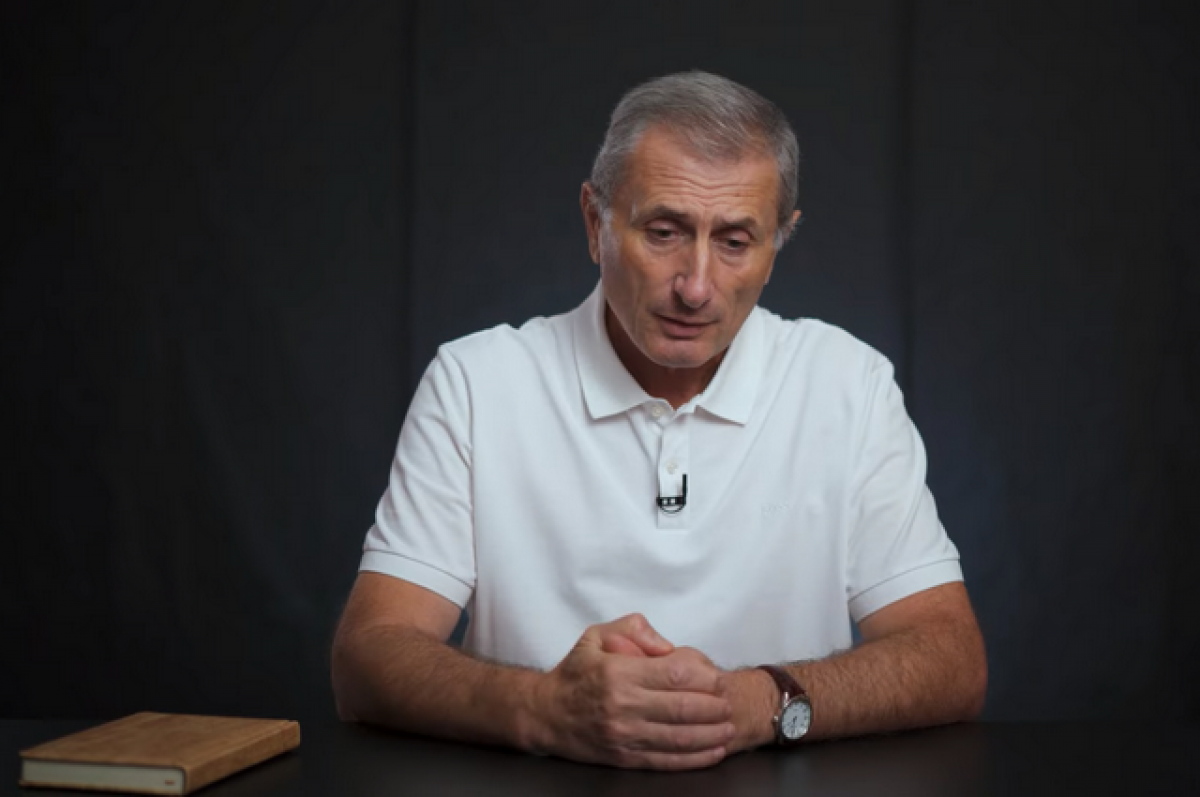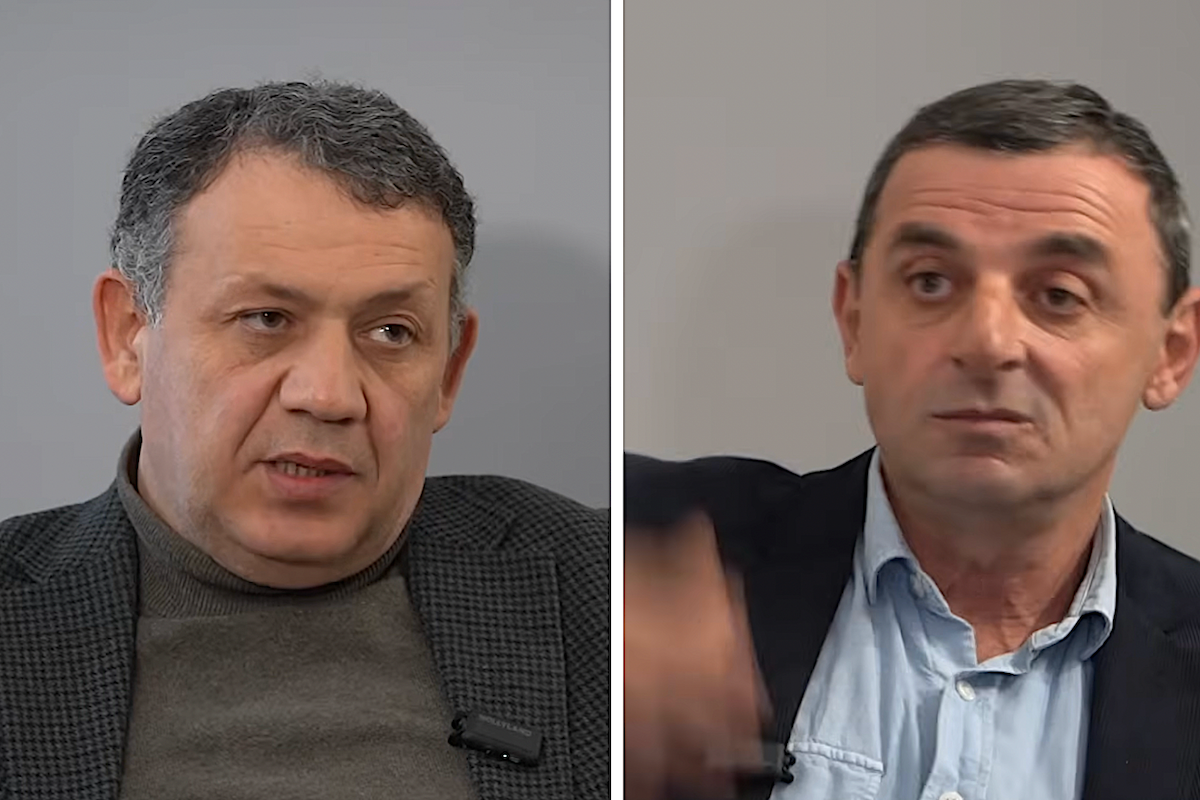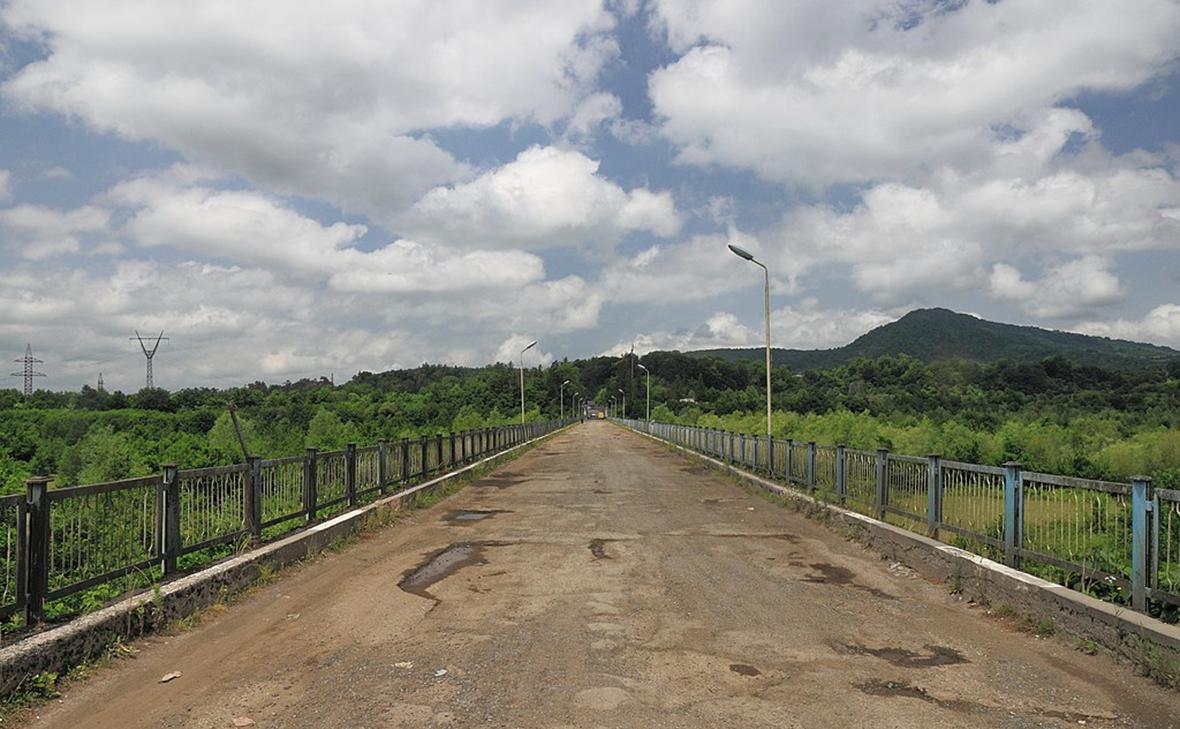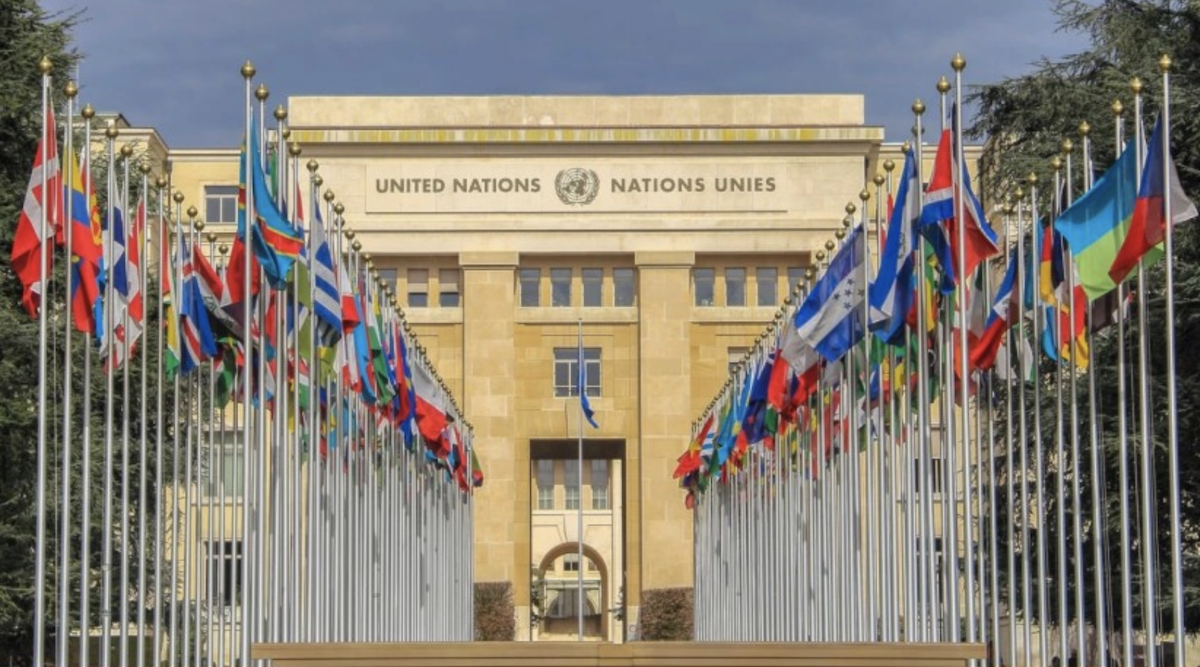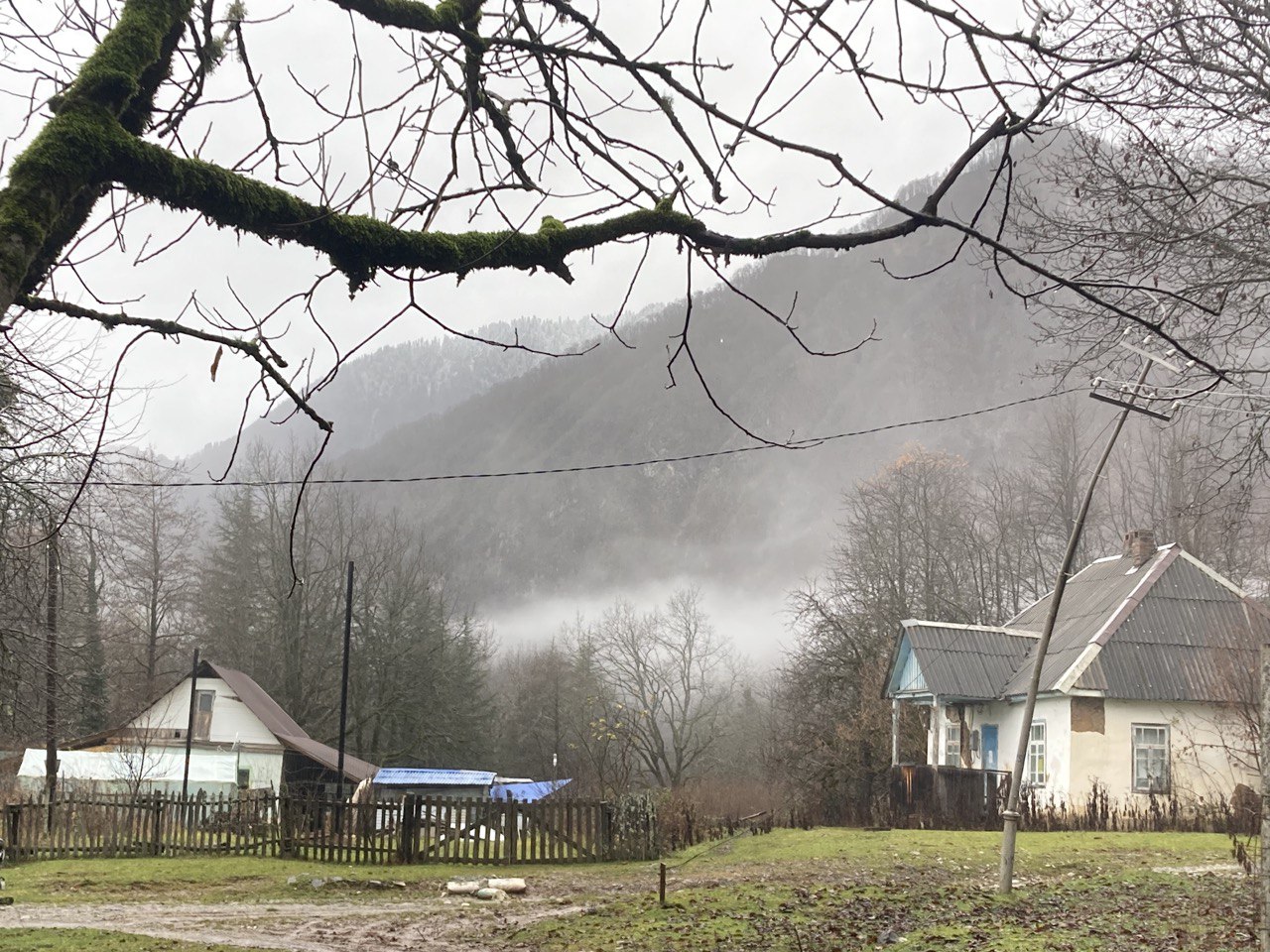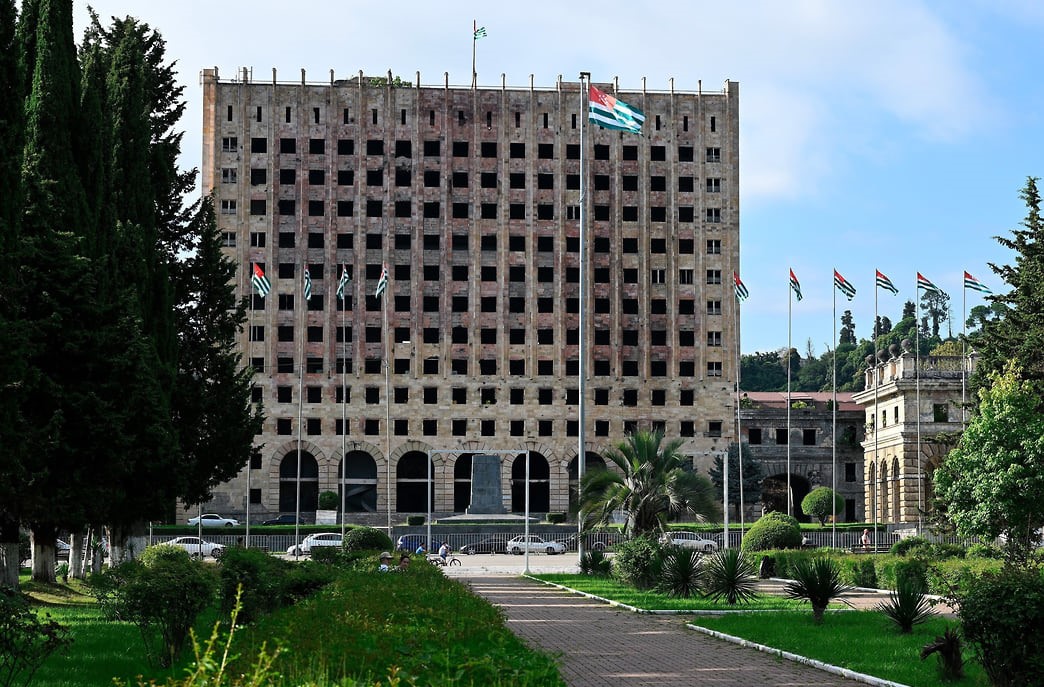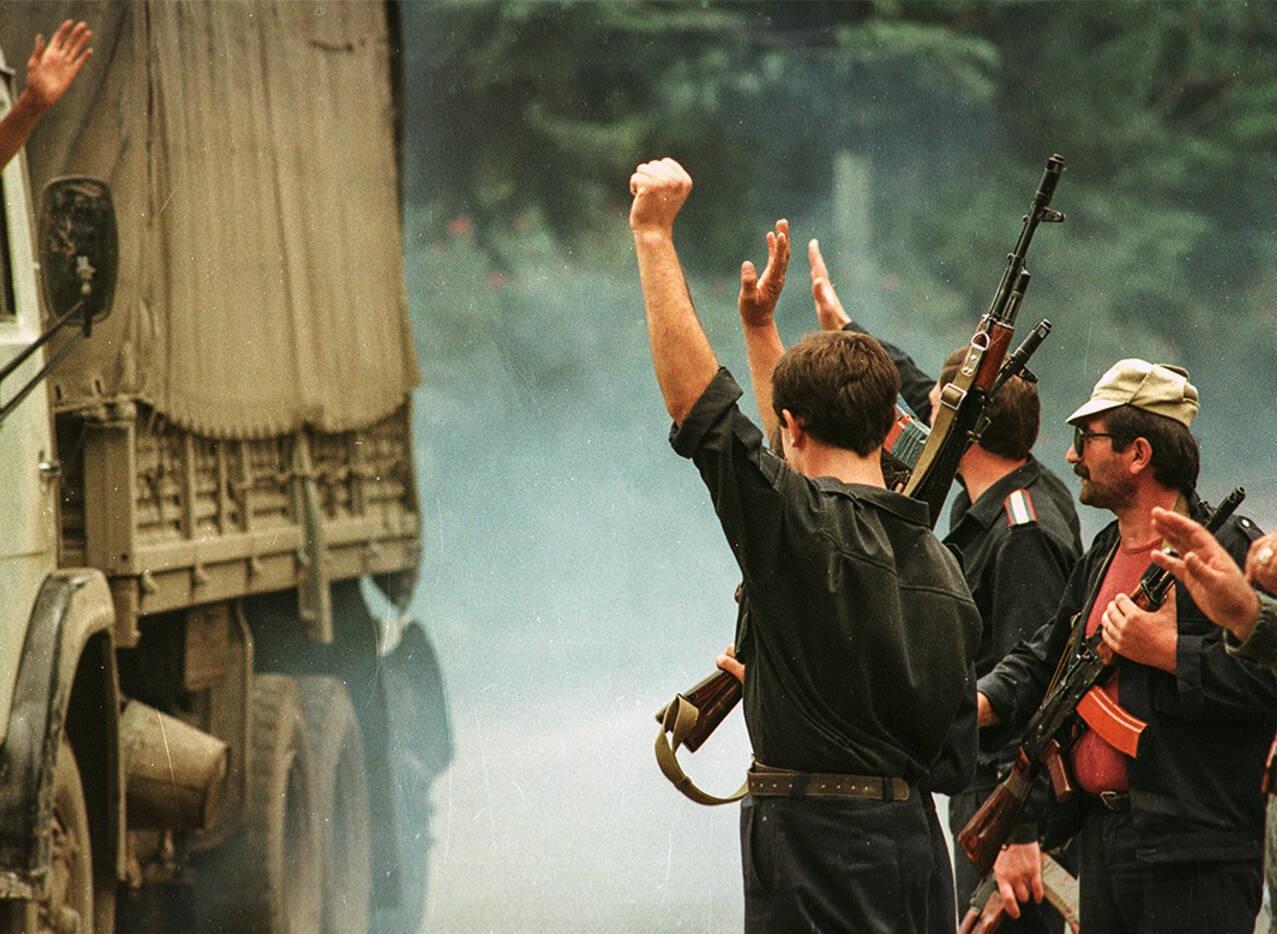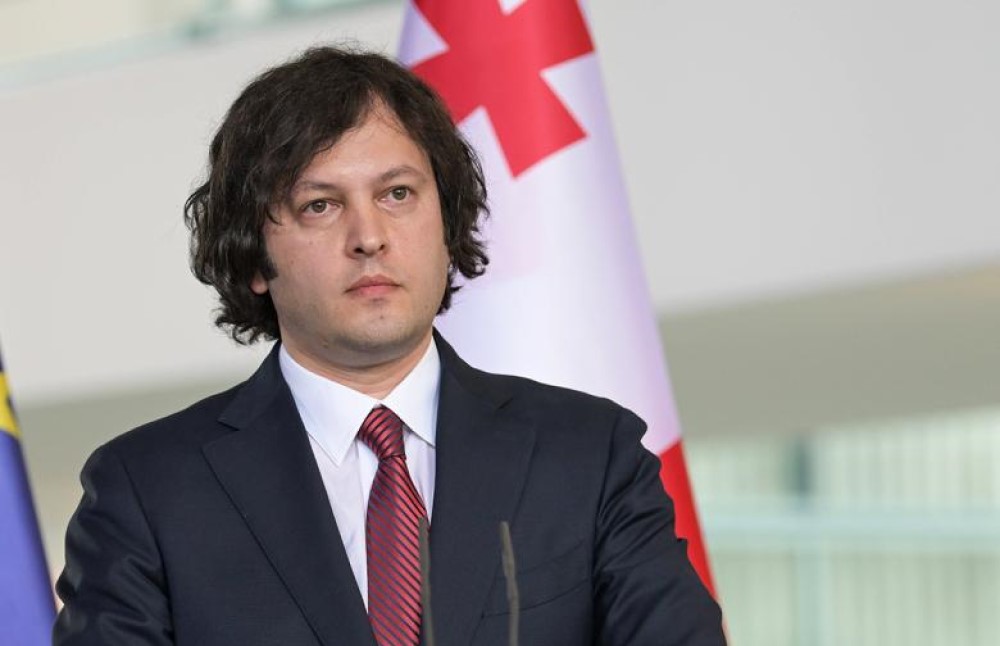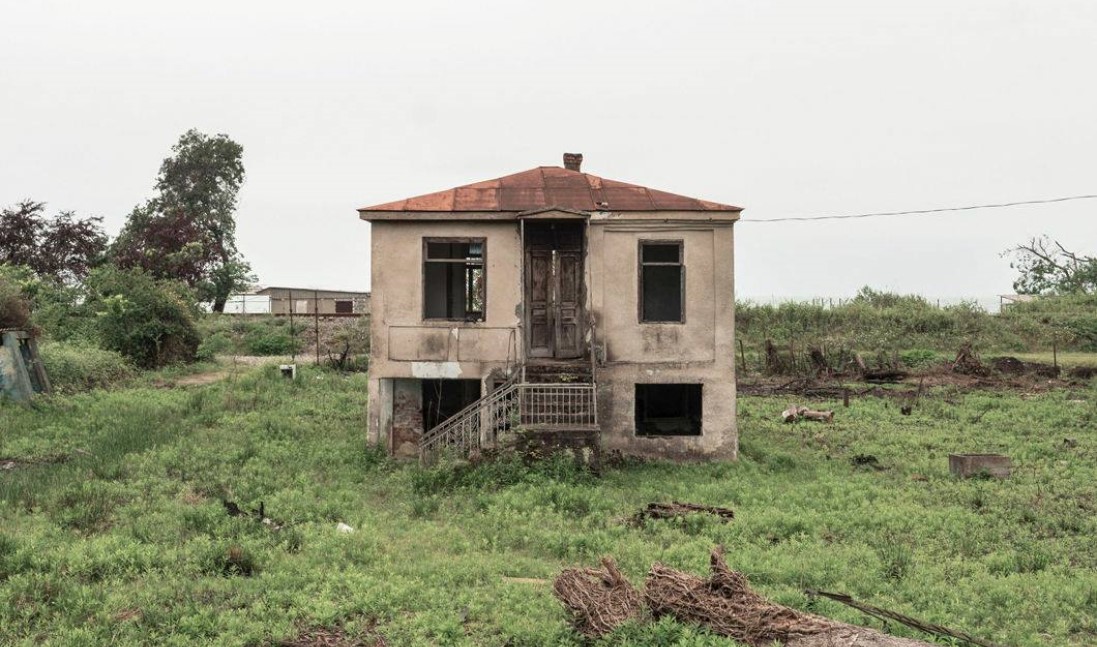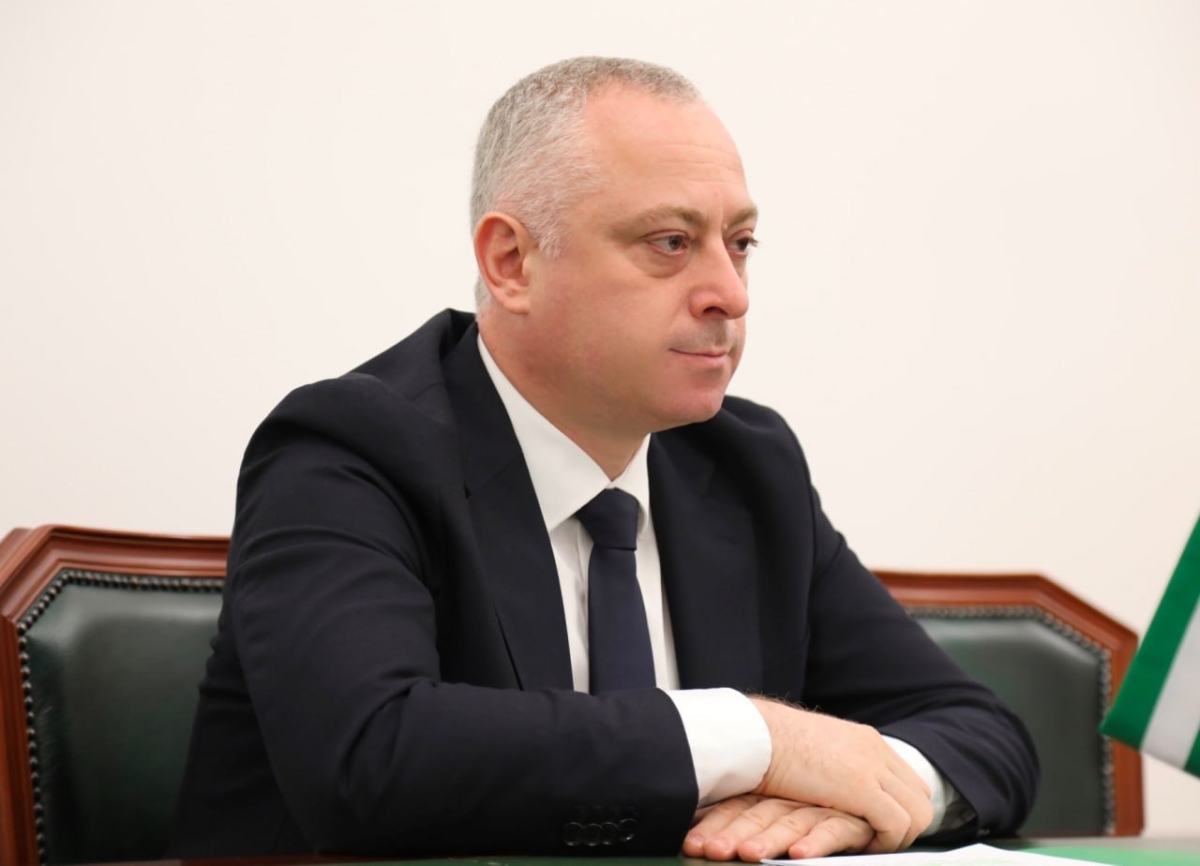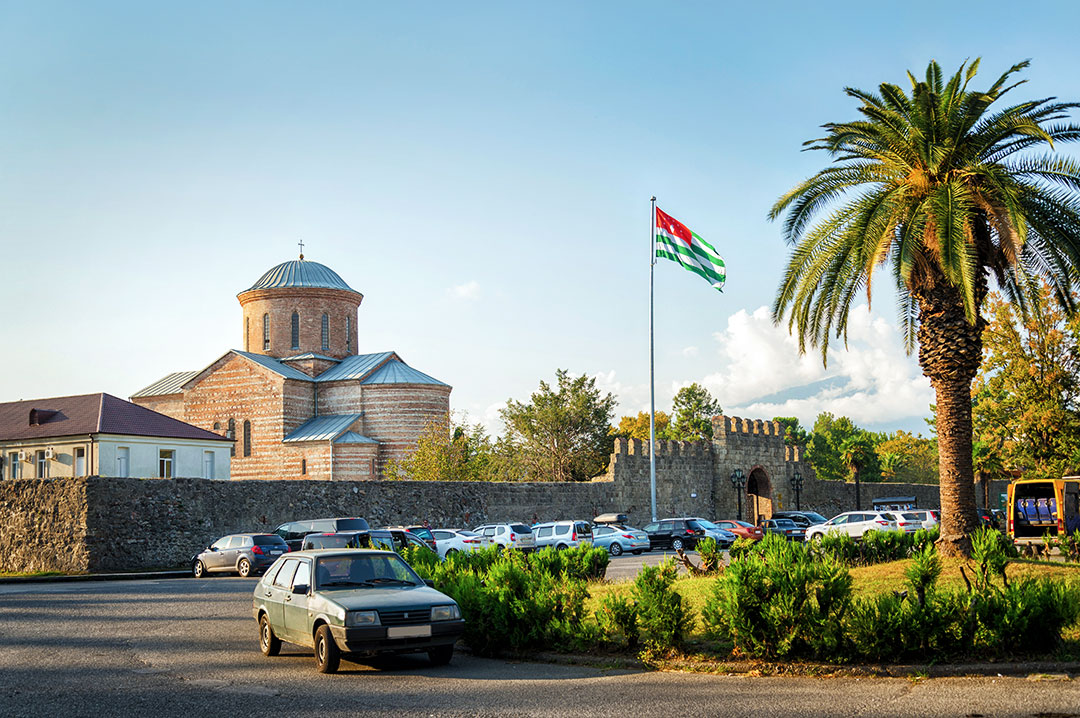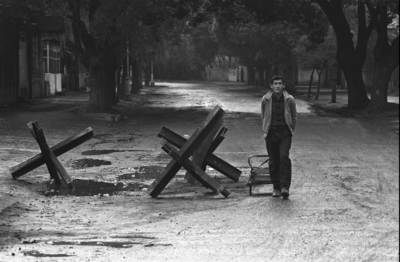
In Soviet times, Abkhazia was an autonomous republic within Georgia. After the collapse of the Soviet Union, Abkhazia strove to become an independent country, while Tbilisi insisted that Abkhazia remain an autonomous republic within an independent Georgia.
War broke out on August 14, 1992, and the end of the military phase of the conflict came about on September 27, 1993.
The war ended with the defeat of the Georgian armed forces. According to various sources, more than 13,000 people died, about 300,000 people became refugees and internally displaced persons. Most of them are ethnic Georgians, most of whom still cannot return.
In 1994, the parties signed the “Ceasefire and Separation of Forces Agreement” in Moscow, through the special envoy of the UN Secretary General. Large-scale violations of this agreement to date have been recorded three times – in 1998, 2001 and 2008.
Until 2008, the CIS Collective Peacekeeping Force was fully deployed in the zone of the Georgian-Abkhaz conflict, fully staffed by Russian troops.
The UN observation mission in Georgia has also worked in the conflict zone and on the territory of Abkhazia.
After the five-day war around South Ossetia in August 2008, Russia recognized Abkhazia as an independent country. Diplomatic relations between Moscow and Tbilisi were cut off.
Abkhazia has constructed itself as an independent republic; this status, apart from Russia, has been recognized by only several countries. Georgia considers Abkhazia a part of its territory which Russia has occupied. Most of the international community consider Abkhazia a separatist region of Georgia.



